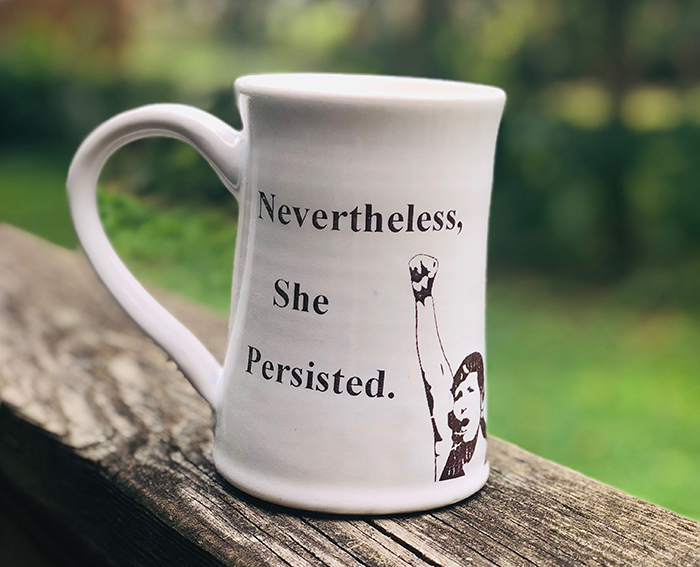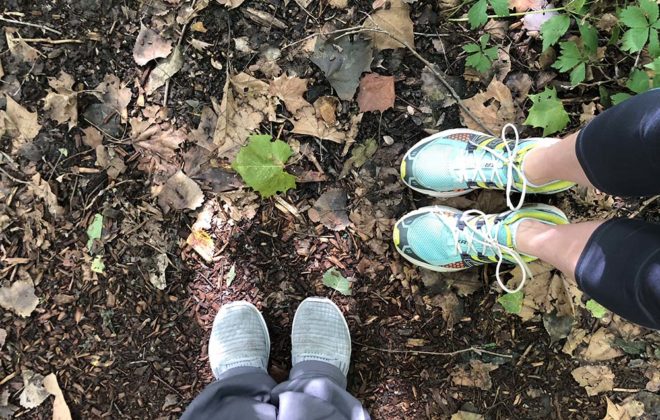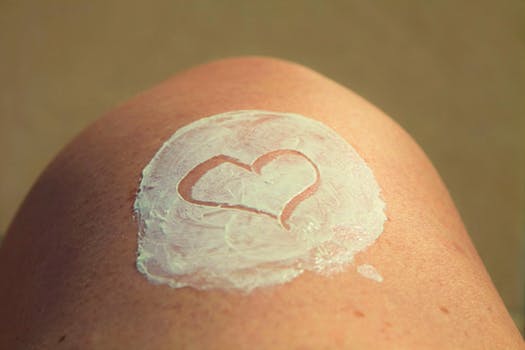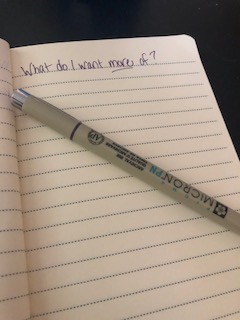Personal Care First Aid Kit + How to Support Survivors in the Age of #metoo and #believesurvivors
I’m going to go into a place of vulnerability with you today.
I watched the testimony last week of Dr. Ford with tears in my eyes and a pit in my stomach.
I know what it’s like to not be believed, to have people you like and love and trust, not believe you. To feel so many emotions at once that there aren’t enough words for them all: sadness, fear, shame, anger… I am here to look you in the eye and say:
I believe you.
I support you.
I want to say that what follows is in no way a replacement for therapy, but should be considered to be supplemental. If you aren’t in therapy, this may help. If you are really struggling, I encourage you to reach out. You aren’t alone, as so many of us have witnessed in our social media feeds — and there are many supports that can be there for you. RAINN’s national hotline or in Kansas City, MOCSA.
In these times where we are inundated with so many survivor stories besides our own through #metoo and #believesurvivors, it is vital to take care of ourselves. Creating a Personal Care First Aid Kit is not selfish. It’s incredibly important. I’ve heard stories from so many people this last week comparing their trauma to others and saying things like, “It wasn’t rape, but it changed me.” “It was 20 years ago, and I should be past it, but…” “I never told anyone and now I feel guilty.” It’s easy to get wrapped up in these thoughts and slip away from you and what you need. They spiral. They swirl.
Stop. Please. You are carrying enough. Your pain should not be viewed as lesser than because someone else’s experience may have been “worse…”
When we need to most focus on our self-care is often the time when everything we do for self-care escapes us. It may be helpful to create a list or box that you can you can refer to and utilize for those times when it’s all too much. That may be right now. Or it may be later…
Today, I’m inviting you to go inside. What do YOU require right now?
Is it lighting your favorite candle?
Putting on the softest pair of pajama pants you can find?
Curling up on the couch and watching a comedy or reading a work fiction that is light?
Journaling?
Calling your therapist?
Making sure you’re giving yourself healthy, nourishing food?
Drinking enough water?
Movement? Yoga, or gentle stretching? Re-connecting the mind and body can be therapeutic and healing.
Remembering to breathe? Sometimes it feels like we can’t. This technique can help in calming the nervous system.
A cup of warm tea?
A hot bath?
Applying a favorite scented lotion?
Limiting your time on social media or checking the news?
Saying “No” to invitations or obligations when it’s all just too much?
Going for a walk?
Spending time with people you love? Or even just a phone call? You are not a burden.
Telling someone who wants to bring up current events that you don’t have the bandwidth to talk to about, “I can’t talk about that right now.” Or changing the subject?
Petting your you kitty or doggie or other furry friends?
Meditation?
Music?
When fear thoughts arise, reminding yourself that thoughts are just thoughts and not always truth?
Reminding yourself that you know what happened, and it doesn’t matter what anyone else thinks?
There are more ideas for self-care in a more recent blog post I wrote. Self-care does not have to be expensive or far away, it can be as simple as doing one small thing for yourself and no one else, if even for just a few minutes. These are just ideas, feel free to create your own kit.
“How can I support survivors?”
Believe them.
Understand that this is something that is incredibly difficult on multiple levels. If someone has shared their experience with you, it likely took a lot for them to get there. Honor that.
Let them know that you believe them. Avoid any “line of questioning” and instead let them know that you are there to listen if they want to talk. And then really just listen.
Understand that the survivor does not owe you details or an explanation or a story. Encourage the survivor to also be okay with this. It is sometimes a very large struggle. Many survivors try very hard to “forget” and any talk about their assault or rape brings up physical body senstations (the body stores trauma) and feelings that can overwhelming.
Do not make excuses for their attacker. Just because you may have not had any bad experiences with that individual, does not mean that it’s not possible. “But he’s such a nice guy!” “Maybe he drank too much.” Avoid judgement.
Do not pressure them into reporting. This is a very complicated grey area. The only obligation that any survivor has is to themselves. And healing. It is not the survivor’s job to warn the world, it the perpetrator’s job to not assault or rape others. Full Stop. This puts a responsibility on someone who should not carry it. They are already experiencing enough. However, if the survivor tells you that they want to report, support that decision. It will be a long road.
Check yourself. Saying that you believe survivors is easier when it’s someone you don’t know. Statistically, survivors will have known and trusted their attacker. It’s an uncomfortable situation when the attacker is also someone that you know. That’s something that you need to work through on your own. It’s not the survivor’s responsibility.
Donate to organizations that provide support to survivors and community education, organizations that are working to change our culture of sexual violence. See the links for RAINN and MOCSA, above. Speak up. Educate.
Check in. A simple “I’m thinking of you today” can carry an incredible amount of comfort.
Do say, “I believe you.” “It’s not your fault.” “I’m sorry this happened to you.” And mean it.
Get consent before bringing up topics around sexual assault at work. Statistically, you’re likely talking to a survivor. I’ve heard from a lot of women this last week that have been incredibly triggered and were being side-blinded at work. Trying to move through life can be difficult enough at times and having it brought up at work when someone is just trying to get through the day is a challenge that doesn’t need to be added.
All I can really say, is that we need each other. And we need ourselves. We need to be able, to the best of our ability in the space and time that we are in, in the moment, to care for ourselves. I am repeating myself, but it is not selfish. It is vital.
I believe you.
I support you.
Take good care of you. And each other.
Kara Joy Werner
Related Posts
1 Comment
Leave a Reply Cancel reply
Categories
- anxiety (1)
- change (4)
- Counseling (1)
- grief (2)
- healing (1)
- holiday (1)
- Inspiration (5)
- loss (1)
- Mindfulness (6)
- Self care (7)
- Support (1)
- therapy (1)
- Transformation (5)
- Uncategorized (1)






Kara,
Thanks for posting this. Sharing how we can support our friends and family is super helpful.